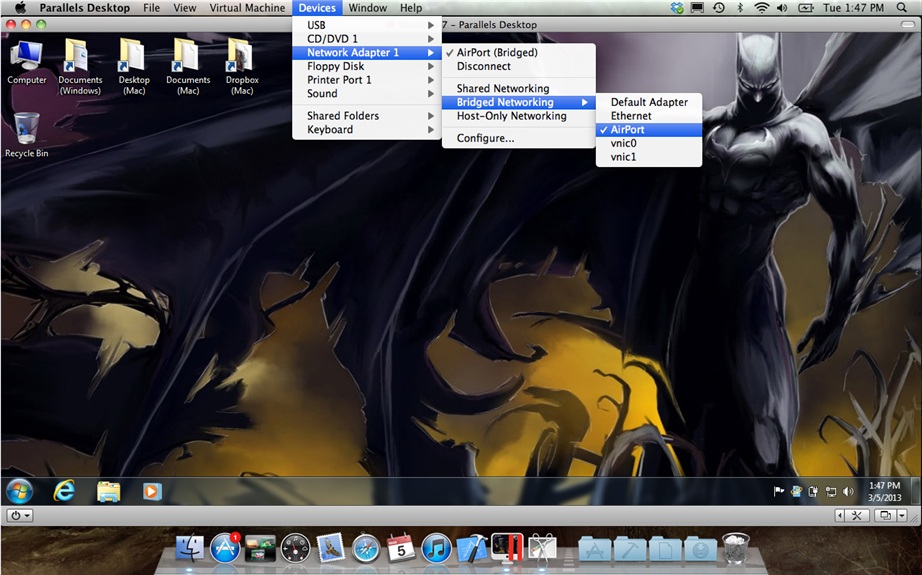
#Mimio studio doesnt activate dma 02 03 software
* THIS SOFTWARE IS PROVIDED BY THE COPYRIGHT HOLDERS AND CONTRIBUTORS "AS IS" * without specific prior written permission. * may be used to endorse or promote products derived from this software Neither the name of STMicroelectronics nor the names of its contributors * and/or other materials provided with the distribution. * this list of conditions and the following disclaimer in the documentation Redistributions in binary form must reproduce the above copyright notice, * this list of conditions and the following disclaimer.

#Mimio studio doesnt activate dma 02 03 code
Redistributions of source code must retain the above copyright notice, * modification, are permitted provided that the following conditions are met: * Redistribution and use in source and binary forms, with or without (I only use CLI.) ARMmbed/mbed-os/blob/master/targets/TARGET_STM/TARGET_STM32F3/analogin_device.c /* mbed Microcontroller Library Not sure if you can do that with Online compiler. I think you can configure the ADC with this file. I use the 303k8 a lot and I don’t think it’s supported. This is deep down somewhere in the mbed library, right? I thought that could not be edited in the online compiler. Should I be doing my math differently?Īny suggestions or explanations would be appreciated. I thought the FPU was enabled on both of these boards. the float calculation was more surprising as I was hoping to add more math into the loops. I knew the ADC wouldn’t be super fast though. I know there are libraries for other boards for faster analogread, but couldn’t find much info regarding STM32s. I tried looking into DMA, but I think it’s over my head. I assume this is because there are a lot more ADC pins than internal ADCs and switching between them too quickly would cause poor read quality. I believe analogread is slow because mbed waits for the ADC to stabilize. (I also tried this on mbed studio and everything was significantly significantly slower) (float not double) lpfBuffer = lpfBuffer + ((input - lpfBuffer) *. This float calculation took about the same amount of time. Time difference betwee read_u16() and float was minimal.ĪnalogOut took about 2 uS, but that’s totally manageable. On the 401 it was about 453 cycles or 5.4 uS.

I found a single analog read on the 303 was taking about 680 clock cycles or 10.3 uS. Printf("1 aRead clock ticks %f", tempFloat) ĮmptyLoopTime is from an empty for loop to subtract the loop overhead. This is just bare bones though and I’m concerned about moving forward so I did some testing using a 1,000,000 for loop running the same instruction over. I got it competently working with a nucleo f446re. The standard pwm library doesn’t really have the resolution for it though. I did get it kind of working on a nucleo F401re, but had to use pwm out. I suspected the 303 might not be able to keep up, but even removing a couple float calculations for filtering and lowering the interrupt to 100uS it would work for a minute and then eventually become unresponsive. I was using an array as a short delay line for an audio effect. I was working on a project with a nucelo f303k8 and trying to get audio in and out via analogread and analogout at 32khz via timer interrupt.


 0 kommentar(er)
0 kommentar(er)
